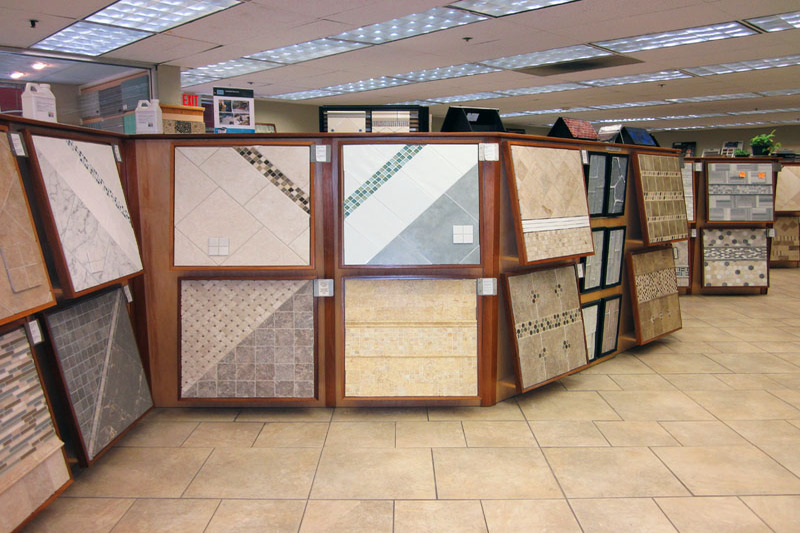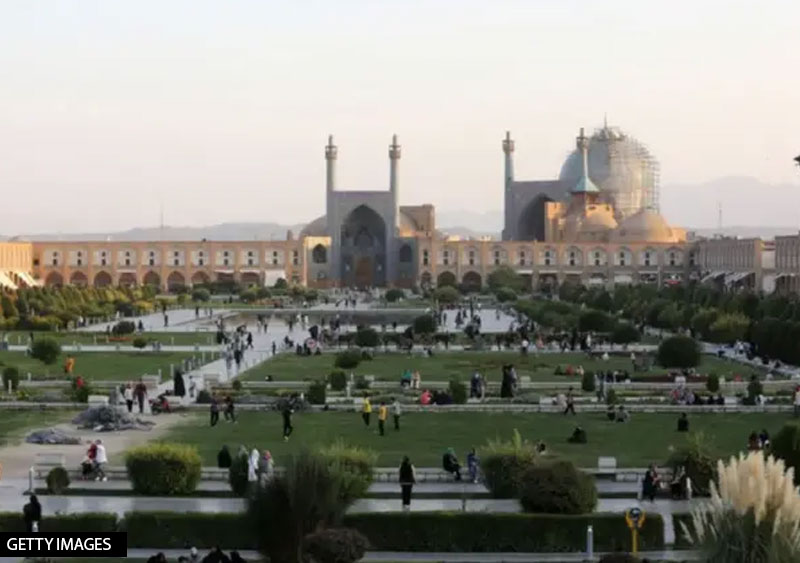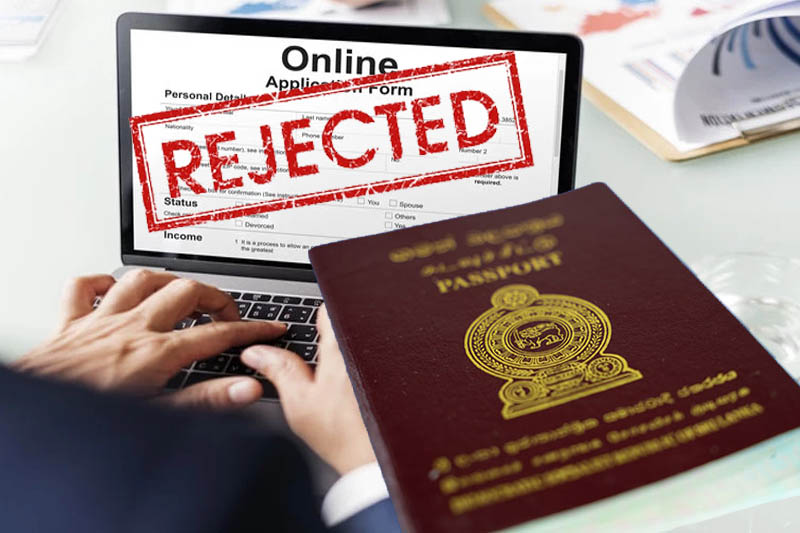In the wake of Sri Lanka’s intention to present next month a plan for the lifting of the import restrictions welcomed by the European Union, the Finance Ministry is considering lifting import restrictions on around less than 1000 items from 3000 items (HS codes), State Minister of Finance Shehan Semasinghe confirmed.
But a considerable number of businesses are fighting for survival. Small business enterprises have already shut down, affecting direct and indirect employment of hundreds and thousands of people and their livelihoods.
However, Sri Lanka‘s tile and sanitary ware importers have expressed concerns on the procedure of relaxation as they were waiting for around four years under the ban of imports while the government has lifted restrictions for several other non-essential items ignoring their business.
Sri Lanka‘s tile and sanitary ware business is heading for possible collapse following the repeated delay in the lifting of import restrictions for almost four years since mid-March 2019, several leading importers and traders said.
This prolonged import ban with the promises of government authorities to suspend restrictions for importers and others connected to the business has triggered the near closure of the most of 300 entities affecting over 100,000 direct and indirect employees, A.M.J.M Jawfer, President of Tile and Sanitary Ware Importers Association revealed.
It supports over 2000 distributors maintaining sales centers in the supply chain and around 30,000 direct employees in sales and marketing have already been experiencing the impending loss of their livelihood.
Although the present administration and the previous government had considered the appeals of other commodity importers by lifting the import ban on several items necessary for local industry survival, but official authorities kept on postponing the pleas of tile and sanitary ware importers, several leading importers and traders complained.
The present administration has removed the import control on 159 items including industrial machinery, a series of building materials, machine parts, tools, ball bearings, agricultural implements, and toilet paper in a gazette notification issued under Sri Lanka’s import control law effective September 09 2022.
But the suspension on tile and sanitary ware imports still persists and the buyers of those items are being kept in the dark due to non-availability of such items and the high prices of locally manufactured products, several traders alleged.
Representatives of tile and sanitary ware business spearheaded by their association have made submissions and appeals repeatedly but official authorities kept their files under the carpet according the oligopoly to three leading manufacturers, Mr. Jawfer disclosed.
According to official data, around 45 percent of the tiles were made in Sri Lanka and the balance 55 percent was imported to the country at a high tax of around 100 percent which was imposed to protect the local industry.
As a result of import ban to save dollars, a severe shortage hit the local market while middle and low income earners were deprived of purchasing tiles with their limited budget as the major local manufactures do not have tiles for lower price apart from B and C grade which they do have permission to sell with various defects, industry sources alleged.
Local importers have always been able to provide A grade tiles at competitive prices to suit such a category of consumer’s budget but now they have very limited choices in terms of designs available in show rooms of local manufacturers, these sources claimed.
Imported tiles are SLSI certified, quality has always been top priority as the SLSI standard was similar to the European standards. As a result, all imported tiles were of the best quality.
Most of the high-end projects are halted as they are not able to purchase high quality tiles and sanitary ware as the local manufactures don’t meet the product standards and have very outdated models for sanitary ware, several construction sector heads pointed out.
New projects and currently suspended ones are waiting to start construction activities following the removal of the import restriction on tiles and sanitary ware with the resumption of foreign investments to flow into the country.
The restricting of tile and sanitary ware imports has exerted a direct impact on the construction industry creating cascade effect on now resurging tourism including hotel building and renovations and allied businesses
The importers urged the government to create a level playing field for them as three local manufacturers have been allowed to meet the local demand of ceramic products as ceramic imports became zero causing massive tax revenue loss of Rs.12 billion per annum for the state.
Related News:
Tile and sanitaryware importers run out of business due to temporary ban





















